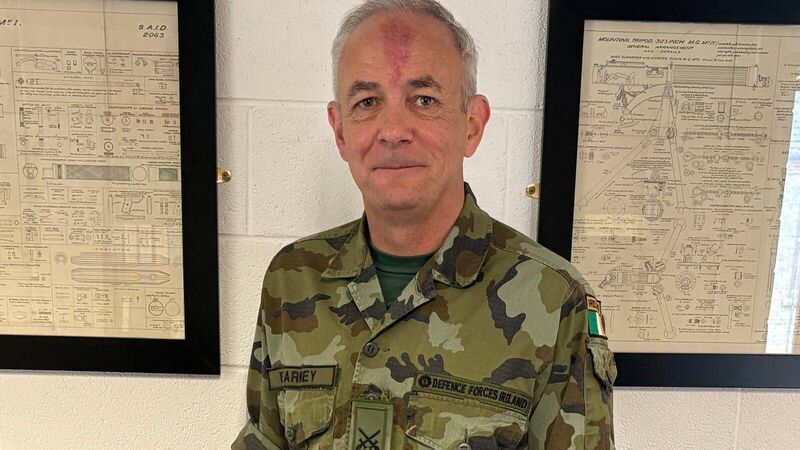Ombudsman probes case of Army officer who endured ‘tortuous’ legal ordeal

The Ombudsman for the Defence Forces is investigating how Captain, later Commondant, Alan Kearney, was embroiled for years in a criminal investigation.
In august 2020, Captain Alan Kearney’s career in the Defence Forces was flying.
Over his 31 years of service, he had risen swiftly through the ranks. He had an exemplary record of service both at home and abroad with Unifil forces. There were other peaks to scale in the near future, and he was confident he was equipped to do so.













